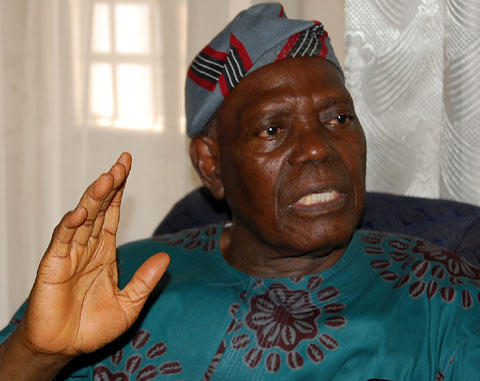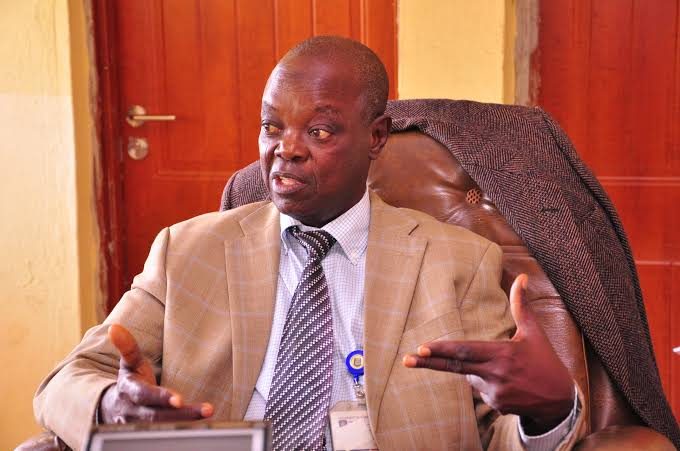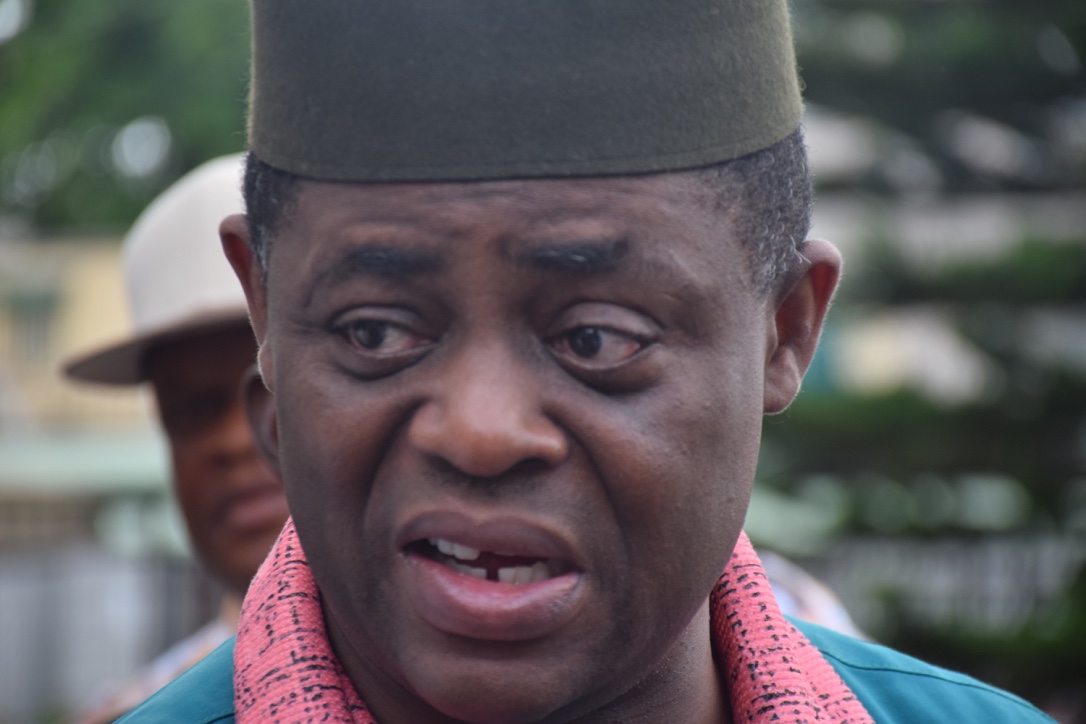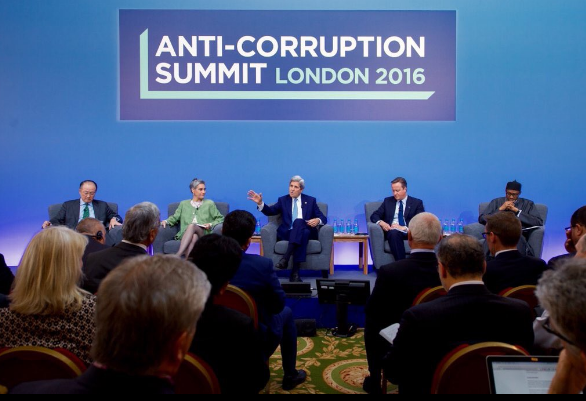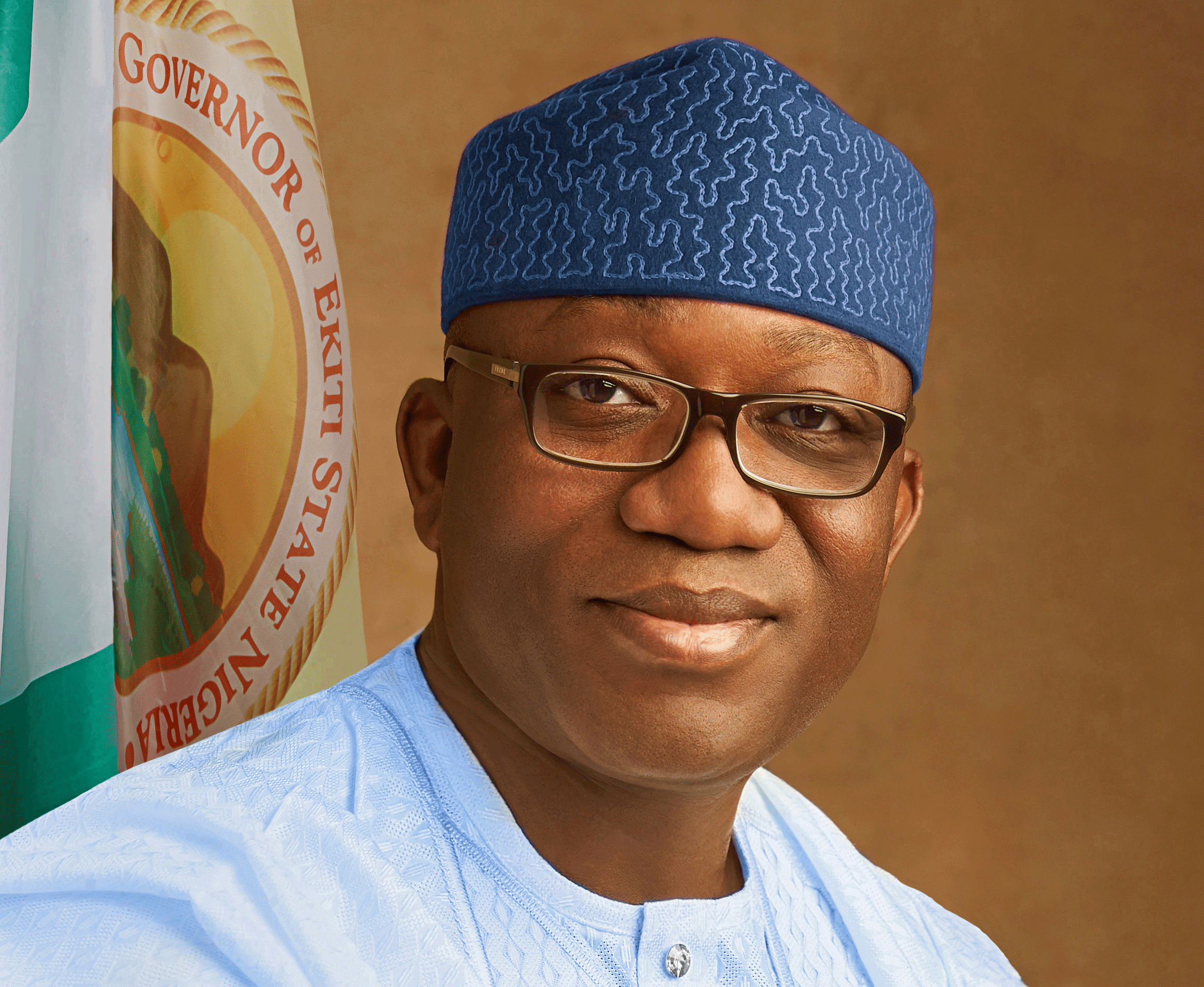BY SEMIU OKANLAWON
For three good hours last week, I sat at the lunch table with former Interim National Chairman of the All Progressive Congress, Chief AbdulKareem Adebisi Akande, at his country home, Ila in Osun. Of course, it could not have been the lunch that kept us glued to the table for so long in company with many other eminent political figures, strategists and associates many of them who had been part of Akande’s life for about four decades.
It was the occasion of his 81st birthday. And as usual, it was another day for political heavyweights to stream in to make the day a memorable one for this octogenarian Nigerian politician whose place within the polity has remained revered.
As I sat with Baba, my mind flashed back to last year when he attained the landmark 80. A much elderly friend of mine who is based in the United Kingdom, Mr. Aderemi Idowu, had penned a piece titled “Akande: The Master Strategist is 80”.
Advertisement
In that piece, Idowu had brought out those attributes of selflessness, conviction and others which should be the hallmarks of leadership.
How could a man who was a victim of General Muhammadu Buhari’s ‘wickedness’ be advocating for the man who incarcerated him to become the president of Nigeria?
Quoting from the piece then, Idowu had written, “Akande’s fascination to Muhammadu Buhari becoming a civilian president was shared with me as far back as 2007 in London during one of our discussions. He said he would have preferred Buhari as the candidate of our party then, the Action Congress, but for those who were milling around the General and using him solely for their own selfish agenda. That revelation, to me, then was shocking.
Advertisement
Buhari? Why Buhari, the man who incarcerated you for months? My instant reaction to him was, Buhari? A retired military dictator? Why Buhari? The rest is now history.
I am part of that history telling as I have written two whole books in support of this former military dictator who is now a full-fledged Democrat. The takeaway of that encounter is: some people would sacrifice their personal loss and pain for the collective good of their country. That is Chief Bisi Akande for you.”
Idowu is not a die-hard fan of Buhari and Akande for nothing. He is just a die-hard advocate of good governance. His two books on Buhari – The GMB Phenomenon and Buharinomics : Economic Challenges, Pains and Gains in a First Term Presidency – are testimonies to his love for anything that would advance the fortunes of Nigeria and make his country of birth too a place to be proud of.
Little wonder at the elaborate birthday colloquium in honour of Akande at the Eko Hotel in Lagos, President Muhammadu Buhari, when called upon to deliver his speech, simply stunned the huge audience by saying. “I have no other speech to make here today on Chief Bisi Akande. If you want any speech from me, just pick up the article written by one Remi Idowu in some of Nigerian daily newspapers of today. I adopt that article as my speech.”
Advertisement
“In politics, historic and unexpected upheavals can deliver lessons rich in their variety and texture,” That was what I picked up from Daniel Carpenter, former boss of the Centre for American Political Studies, Harvard in his foreword to Thelda Skocpol’s book, Obama and the America’s Political Future.
And as I ruminate over this view of the Harvard school don, I could not but imagine the whole gamut of the “historic and unexpected upheavals” that have coloured Akande and his political life most especially from the point he stepped in as the Governor of Osun in 1999.
Leadership, and its many challenges, the leader and the led, the directions visionary leaders would want to go and the directions the largely uninformed followership would want to follow, to me, are some of the complex, intriguing interplay of forces that have defined Nigeria’s politics and development for decades.
But where have these led us? In the case of Osun, within those three hours I spent with the former Governor of the state, I pinched Baba severally; trying to cause an old man to go the memory lane to tell me some of the inside gist of those turbulent four years when his determination for the good of the people was met with the stiff resistance of the old order.
Advertisement
I recall one of those actions that ignited fire in the state was his decision to review teachers’ employments in the state. He laughed over it again when he remembered how Osun schools then were over-staffed with teachers in Yoruba, Islamic Religion Knowledge, Christian Religion Knowledge, Physical and Health Education. As the schools were over-staffed in these subjects, they were badly understaffed (and in many cases) not even staffed at all in core subjects such as Mathematics, English, Physics, Chemistry, Biology and other subjects that were major requirements to produce future engineers, lawyers, Architects, medical doctors, Pharmacists and other related, allied professionals.
Of course, part of the sorry fallouts of that courageous decision were cases where a husband teaching Yoruba in one school and his wife teaching IRK in another were both caught in the firing lines created by that necessary pruning of the teaching personnel.
Advertisement
“There was no name they did not call me,” Akande told me looking back in what appeared as a “no regrets” kind of reminiscences.
No doubt, the bureaucracy is one rigid establishment. Luring those in that sector away from the old order is like getting Siamese twins life their lives apart. So, the entire room burst into a loud laugher when Baba reminded us of how he went to Ibadan, asked his friend, a popular dealer in tyres the exact prices of different sizes of tyres for government vehicles.
Advertisement
Funny! Baba once also took sample of a school chair to a carpenter and asked how much it would cost to produce one. Same way he went about asking how much it would cost to build a block of classrooms against the hair-splitting prices being quoted by government contractors.
“I invited all the government contractors for a meeting and they all still mentioned their earlier quoted costs. Then, I told them the price my government would construct each block. Then there was uproar in the hall. I just told them whoever was interested should move to one office and register the name of his company. They cursed me, called me names. But I had that strong conviction I was doing the right thing.”
Advertisement
Leadership without conviction, one must admit, would ultimately lead to failure.
As spokesman to Governor Rauf Aregbesola, not once did I come face-to-face with such threats as “the Akande treatment” especially in the build up to the re-election of 2014.
Of course, after the interregnum of the Peoples Democratic Party years of almost eight years, during which a halt came to the revolution Akande brought to bear on that state, the Aregbesola phenomenon was the next most ‘stubborn’ government that Osun people would be confronted with.
Not a few concluded this was even a ‘crazier’ version of the Akande government. Each time I was confronted with the “Akande treatment” threat, I had a standard answer:
“You merely denied Akande an opportunity of a second term in office; but you robbed yourselves of the grand clear pathway to the developments of your unborn generation.”
At 81, sharing moments with Baba Akande is like flipping through a leadership book. You encounter chapters upon chapters on the dilemma leaders face between the directions ordinary folks want to go against where visionary leaders are convinced should be the right path.
This is why for me on the subject of leadership, I have had reason to return to John Maxwell over and over again for his concise definition when he wrote “A leader is one who knows the way, goes the way, and shows the way.”
*Semiu Okanlawon, writer, publisher, media and political consultant, served in Osun as Special Adviser, Information and Strategy.
Twitter: @sokanlawon
Skype ID: skokanlawon
Views expressed by contributors are strictly personal and not of TheCable.
Add a comment
